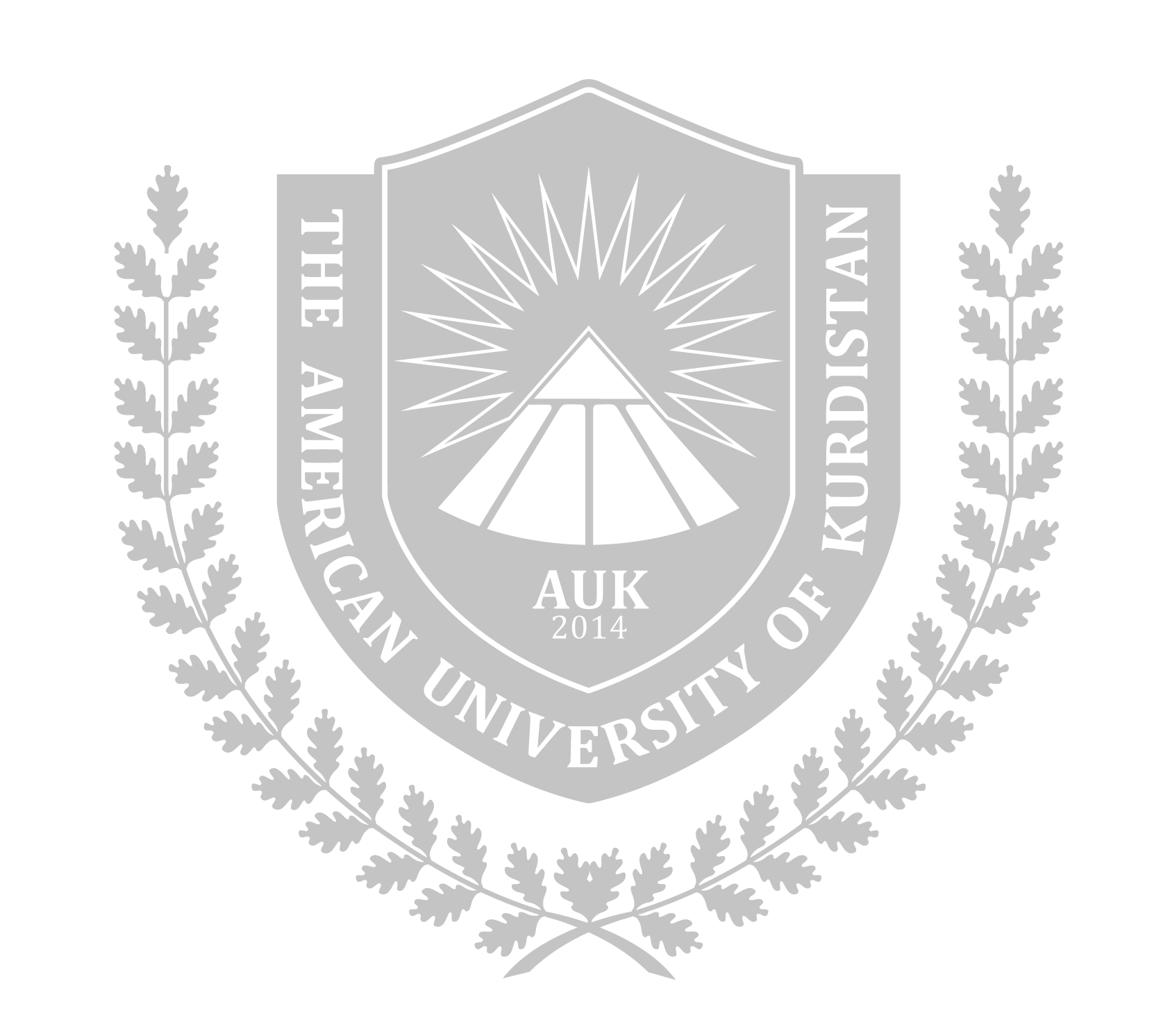International Studies
The Department of International Studies offers a Bachelor’s Degree with three tracks in International Relations, Public Policy, and Security & Strategic Studies. Students select only one track for specialization. Through an interdisciplinary curriculum focusing on international politics, diplomacy, political history, international law, security, and economics, students gain a comprehensive understanding of how the international system operates. The Department of International Studies ensures graduates possess a range of analytical and argumentative skills in preparation for careers in both domestic and foreign affairs, non-governmental organizations and/or international business.
At a Glance:
| Degree | Bachelor of Science (B.Sc.) |
|---|---|
| Total Credits | 121-122 credit hours |
| Total Courses | 40 courses |
| Duration of Study | 4 Years (depending on the student’s pace) |
| Language | English |
| Start Date | August or January |
| Costs | Click Here |
- Provide students with the knowledge and skills to analyze political, cultural and economic developments at the national and global level.
- Develop students’ interpersonal, analytical, decision-making and communication skills to enable them to play a key role in implementing policy solutions in an increasingly globalized world.
- Foster within students the ability to question and weigh the ethical implications of different policy proposals on all members of society regionally, nationally and internationally.
- Demonstrate an understanding of global issues, concepts, and perspectives, which comprise the field of international studies. (Global Literacy & Conceptual Understanding)
- Assess contemporary global issues through innovative research methodology incorporating research questions and reviewing academic literature in order to conduct independent research and policy analysis. (Methodological Skills)
- Develop critical thinking to analyze and break down complex global problems into their historical, social, cultural, security, economic, environmental, and political dimensions. (Critical Thinking)
- Develop the oral and written communication skills necessary to present original perspectives on critical contemporary issues. (Communication)
| Requirements | Type | Number of Courses | Credit Hours |
|---|---|---|---|
| General Education | Compulsory | 13 | 40-41 |
| Program Courses | Compulsory | 25 | 75 |
| Free Elective | Compulsory | 2 | 6 |
| Total | 40 | 121-122 | |
The study plan summarizes the course’s subject requirements and indicates when planned subjects should be studied.
- Diplomat:Represent and protect your nation’s interests abroad in the areas of politics, trade and consular services.
- Political Analyst:Interpret various political developments, analyze laws, public policies and government decisions before advising government official, political parties or the media.
- Foreign Affairs Analyst: Analyze and developments at the regional and international level before making recommendations on how these affect the work of your organization.
- Policy Advisor:Track and report policy developments of the state, regional states, donors and international organizations before making recommendations on how these effect your organization’s work.
- Lobbyist: Work for an association, corporation, or non-profit organization to convince government members to make a decision that would benefit the organization or company you represent.
- Journalist: Collect, verify, produce, distribute and communicate information regarding current events, trends, and issues associated with government policy.
- Politician: Represent your constituents’ best interests by seeking to influence public policy and effectively communicate government policy.
- Communication specialist: Prepare detailed media reports, press releases, social media campaigns for a government, corporation or non-profit organization.
- Intelligence Analyst: work in the military, national security department, or police to collect and analyse operational intelligence data, compile mission reports and make security policy recommendations.
- Security Advisor: advise on all safety and security related matters including the planning and implementation of projects, review projects proposals from a security perspective, analyse data to form proposals.
- Risk Manager: analyse and communicate risk policies and processes for an organisation in the public or private sector.
- Minimum 3.5 years, upon the successful completion of 12 courses per year.
- Standard 4 years, upon the successful completion of 10 courses per year.
- Maximum 5 years, upon the successful completion of 8 courses per year.
* This study duration does not include English language courses.
Academic Year Breakdown:
| Semester | Start Date | End Date | Duration | Type |
|---|---|---|---|---|
| Fall | August | December | 14 weeks | Mandatory |
| Spring | January | April | 14 weeks | Mandatory |
| Summer | June | August | 8 weeks | Optional |
* The start and end dates are subject to changes.
Semester:
Instructional period of 14 weeks plus a final examination period offered twice a year (referred to as Fall and
Spring semester). Additional instructional periods include intersessions and Summer sessions.
- Students must be high school or Institute graduates.
- Proof of English Proficiency. Learn more about our English
language requirements and exemptions.
and/or call us on 07517414102/07517414103 (Viber/WhatsApp), during working hours from Sunday to Thursday, 9:00 am – 2:00pm
